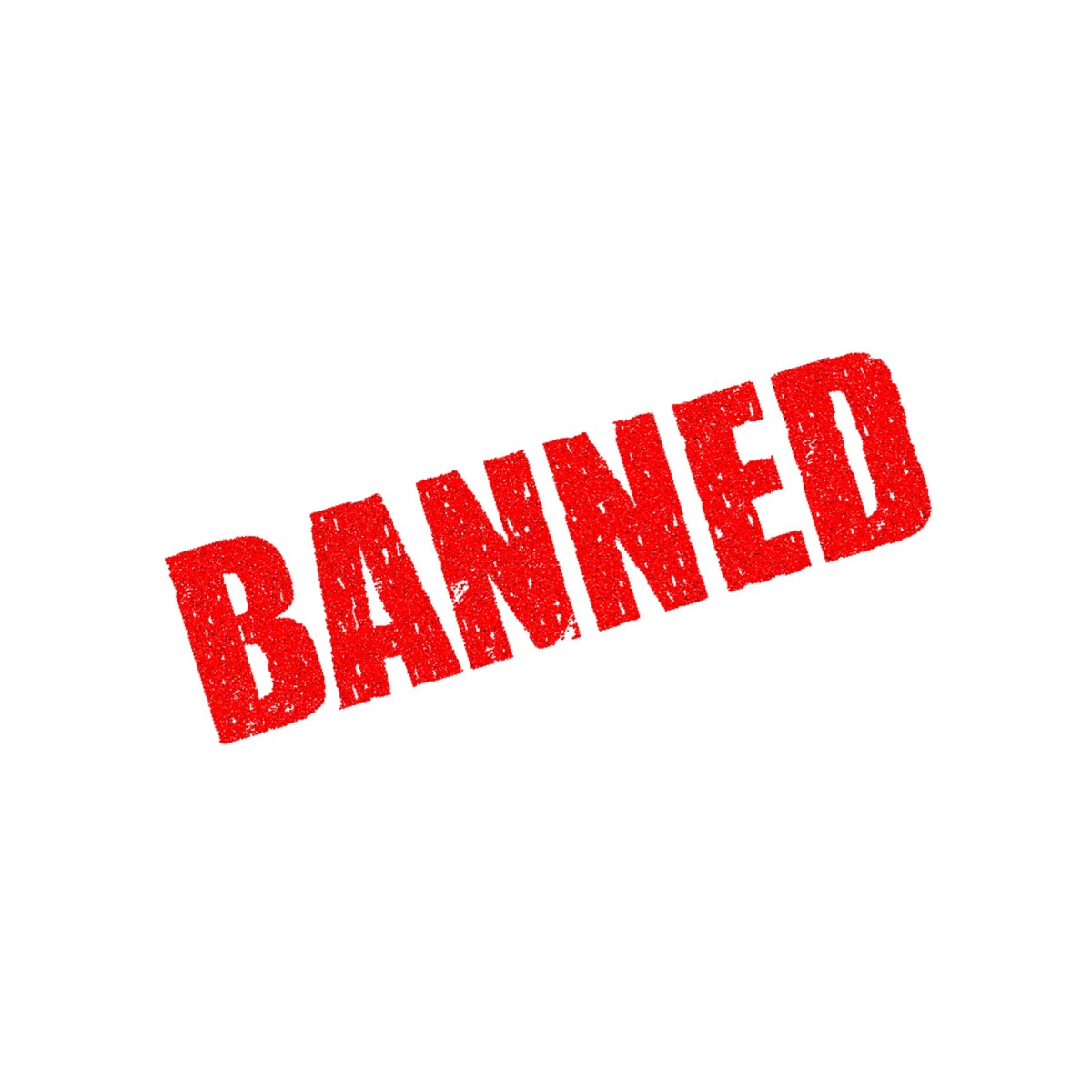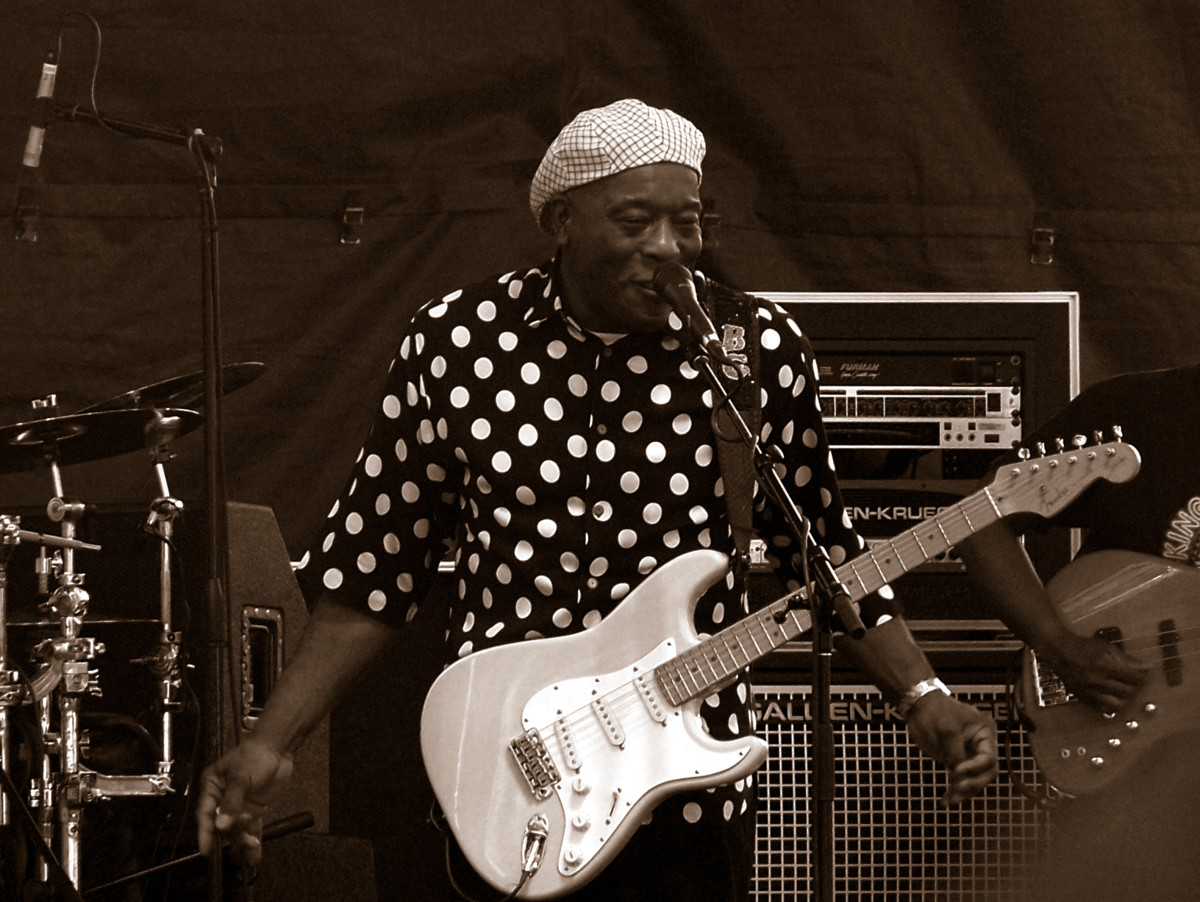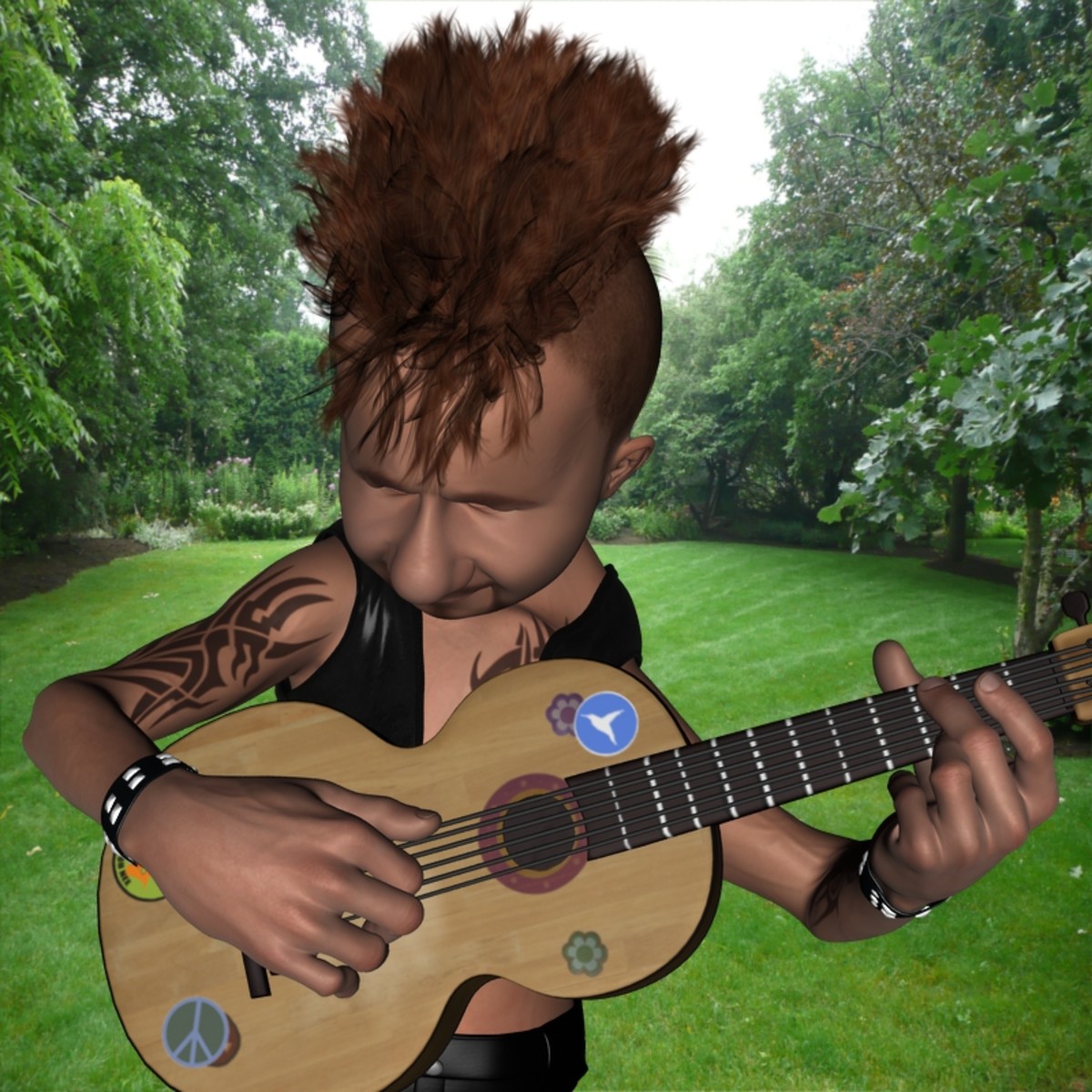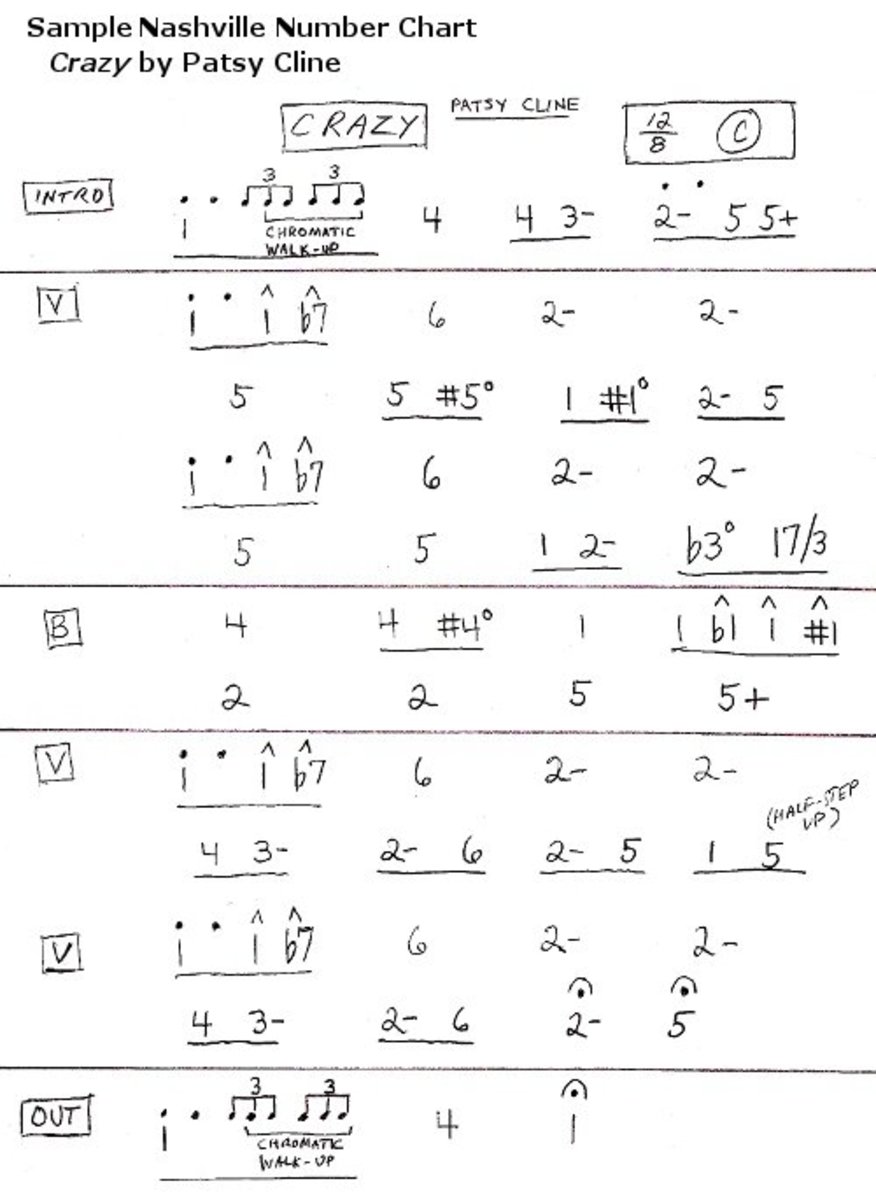Banned Music and Explicit Lyrics
Many histories of banned music begin with the 1950s, though there are a few instances of songs being banned from public airwaves in the U.K. and the United States before that time. The BBC reportedly banned a song in the 1930s because it had sexual connotations. A wonderful piece by Bob Stanley at TimesOnline features the story of Spencer Leigh, a radio DJ who produced a CD of banned songs. In this article, Stanley tells the story of the Dance Music Policy Committee in the U.K. that had a censorship focus before the ‘50s. But instances of music censorship didn’t occur with great frequency until after World War II, with improved technology and an explosion of popular music.

The Rolling Stones - Let's Spend The Night Together
There have been several instances of censored music in which the reason given was inappropriate sexual content or explicit lyrics. Some songs were banned in the U.K. during ‘60s and ‘70s because the sound effects evoked images of orgasm or sexual activity. Censored music events also focused on song titles that contained sexual innuendo or lyrics that played on words with sexual intent. One of the more famous incidents involved The Rolling Stones’ “Let’s Spend the Night Together.” The song was originally banned from TV in the early 1960s. Ed Sullivan, the U.S. variety show host, asked the band to change the lyrics to say “Let’s spend some time together.”
When the idea of banning music comes up, many people immediately think of sexual content or something inappropriate for younger audiences. There are actually a number of reasons that governments and agencies such as the BBC in the U.K. and the FCC (Federal Communications Commission) in the U.S. impose a ban. Political events and government-sponsored military actions often create an atmosphere that is sensitive to song lyrics and song titles. Banned music during the Gulf War of the early 1990s was not common, but there were a few instances in which radio airplay was stopped. Several songs were also banned in England because they made specific reference to the Irish Republican Army or the conflict between Ireland and England.
One writer, Eric Nuzum, believes that the history of banned music started with the “birth of rock and roll” in the 1950s. During that decade, songs were banned from radio airplay due to sexually suggestive lyrics as well as political connections of the band members. For example, The Weavers were a popular folk group of the time but their music was sometimes censored and banned from play because of their “leftist” political beliefs.
Chuck Berry's My Ding A Ling that Mary Whitehouse famously failed to ban in the Uk. Ah, the age of innocence was dying...
The 1960s seemed to be a time for banned music, at least in the U.S. Among the performers who were prevented from appearing on television and were censored on radio were Bob Dylan and Jim Morrison (The Doors). These two and others were also investigated by the Federal Bureau of Investigation during their heyday. The political climate of the time, with the Viet Nam War escalating in southeast Asia, caused a lot of conflict between television, radio and record company executives, and the musicians who increasingly oppose the military action.
It is during this time that musicians and singers such as the Smothers Brothers, John Lennon, Pete Seeger and others are victims of banned music, along with the rock-and-roll kings like The Rolling Stones, The Doors and Frank Zappa. In most cases the censorship was prompted by political and philosophical beliefs. But there were also some banned video and censored music incidents that involved sexually suggestive lyrics or actions.
Puff The Magic Dragon
The anti-war climate continued well into the 1970s, with musicians and performing artists regularly banned or censored for political and social statements. In addition, some broadcast and record companies refused to work with songs that they thought made drug references, such as “Puff, the Magic Dragon” by Peter, Paul and Mary. Even the legendary country music singer Loretta Lynn was a victim of banned music. Her song, “The Pill” was targeted because of disagreement over the contraceptive issue.
The Sex Pistols - God Save The Queen
The music ban scenario got a bit weird in the late 70s and 1980s, as artists and singers were prevented from playing or appearing for a variety of reasons. These ranged from a fear of the “punk” scene and its influence on young people to general concern about lyrics and album-cover art. In mid-decade, the Parents Music Resource Center was established, famously led by Tipper Gore. As the decade came to a close, banned songs were joined in the censorship arena by banned video, in increasing numbers. New technology and the popularity of music videos led to increased scrutiny of film and DVD products by government and industry representatives.
Much of the banned music was in the rap category, as this genre exploded onto the music scene in the 1990s. Local government officials and TV/radio company owners put rap music and its aggressive message on the blacklist time after time. In the early years of the ‘90s, 2 Live Crew was in the headlines almost every day. The political tensions created by the Gulf War also led to incidents of censorship and outright bans on some performing artists. Banned music videos were a common topic of discussion in the last decade of the century.
In Memory of the days when F*** was banned on TV... at least before the watershed.
Censoring songs and lyrics didn’t slow down much with the turn of the new century, as performers from Eminem and Snoop Dog to Marilyn Manson and Insane Clown Posse provoked official ire with words and actions. The events of September 11, 2001 created an atmosphere in which it was difficult to be creative. Singers and performers from across the musical spectrum (Sheryl Crow, Dave Matthews and even Martha and the Vandellas) were on suggested “no play” lists, according to Nuzum. Many attempts at banned music were political in nature, as communications behemoth Clear Channel Communications led the march to the right side of the social/political spectrum in the U.S.
Highly recommended recording and production studio
This hub brought to you...
by Julie-Ann Amos, professional writer, and owner of international writing agency www.ExquisiteWriting.com
Why not create your own HubPages? It's fun and you can make revenue from Adsense and other revenue streams on your pages. JOIN HUBPAGES NOW - SIMPLY CLICK HERE...
This work is licensed under the Creative Commons Attribution-Non-Commercial-No Derivative Works 3.0 Unported License. To view a copy of this licence, visit http://creativecommons.org/licenses/by-nc-nd/3.0/ or send a letter to CreativeCommons, 171 Second Street, Suite 300, San Francisco, California94105, USA.





